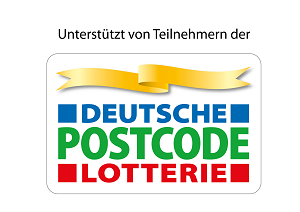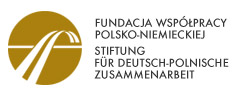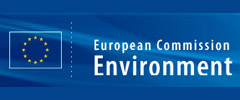Safe drinking water and sustainable energy for rural Uganda
Improving living conditions in rural Uganda through sustainable technologies for renewable energy, agriculture and water
08.06.2015
| Countries: | Uganda |
| Donors: | Erbacher Stiftung |
| Partners: | ARUWE |
| Issues: | Safe Water, Renewable Energy, Health |
| Duration: | 06/2015 - 02/2016 |

In Uganda, the energy exploitation pattern is such that biomass accounts for 92% of the total energy consumed. Most of the biomass energy is from wood, which is consumed in the form of charcoal and fire wood. This exploitation pattern is not sustainable because it heavily relies on non-renewable energy that is both costly, untimely, limited and has serious environmental effects.
In Mulagi Sub County, 100% of households rely on wood as a source of energy for cooking meals. The supply of fire wood is insufficient; families spend a lot of time walking long distances looking for wood, children lose school time which affects their performance while elderly grandmothers find it difficult to look for fire wood due to their diminishing energy.
In addition, lack of a home based source of energy deprives women of the chance to participate in collective group enterprises such as vegetable drying due to the long hours that they spend in search of fire wood. Yet still, the use of fire wood would require the physical presence of women while preparing household meals which take long.
This situation makes it difficult for women to have time for participating in community, group and other economic activities. The current practice of using firewood which is the main source of energy gives off a lot of smoke which is a health hazard to women and their children.
In addition to the above, currently in Kyankwanzi women and children walk long distances in search of water for house hold use, which in some cases may not be clean or safe water for consumption. The Safe Water Coverage is still very low at 51% which is below the millennium development goal water target.
This Project goal therefore is to improve the living conditions of the Mulagi community via renewable energy, production of organic fertiliser and access to clean and safe water.
The objectives are the following:
To provide more time to children and women to attend school and other economically viable activities instead of fetching fire wood and water;
Capacity building on bamboo based structure, biogas technologies and water harvesting for local women and men
To increase agricultural productivity by using the biogas digestate as organic fertiliser;
To prevent and diminish the environment pollution caused by burning of wood and to contribute to minimize the green house emission;
To provide a clean and affordable energy source for local people thus contribute to protect the forest resource and reduce the use of fossil fuels;
To support and establish socioeconomic groups and enterprises doing the green technology services and to contribute to improve the livehoods and quality of life of the rural farmers in Mulagi;
To reduce diseases associated with drinking unsafe water
More information:
Claudia.Wendland@wecf.eu
Related News
Promotion of Healthy and Economical Agriculture and Livestock Farming
How to improve with simple means agricultural cultivation methods and local livestock farming and make them more profitable
08.08.2018
Towards the Implementation of the Sustainable Development Goals (SDGs) in Uganda
A report from the NGO Workshop on Green Technologies and Networking
21.11.2017
In 2016, WECF began a campaign to raise 4,000 in 30 days to install biogas toilet systems for deprived families in Uganda
Not only did WECF reach their goal of 15 toilets, but were able to raise more than 4,600 to install 17 toilets
24.02.2017
November 19, World Toilet Day
New ecosan toilet relief to girls attending Busi Parents School in Uganda
18.11.2016
Implementing SDG 5, 6 and 7 in Rural Uganda
Examples for gender-sensitive and sustainable WASH and energy systems and its implementation
12.07.2016
WECF participated at WASH symposium in Uganda
From June 20th-23rd, a WASH symposium was held in Kampala, Uganda. WECF participated in cooperation with our local partner organization ARUWE and we presented our water, sanitation and energy projects in Uganda.
23.06.2016
We've made it - overwhelming success of our crowdfunding campaign!
In the last 4 weeks we run a crowdfunding campaign to collect 4.000 to finance 15 Biogas Toilets for deprived families in Uganda. Thanks to your great support we can now build even more!
22.06.2016
Case studies from the EWA project in Uganda
In Uganda, WECF works with local partner organisations to introduce gender sensitivity trainings and conservation agriculture. Two participants in the trainings share their views
29.02.2016
WECF Partner SWAGEN Wins 2015 ONE Africa Award
Each year, the ONE Africa Award celebrates and highlights innovation and progress made by African led civil society organisations
01.12.2015 | Carmen Chan
EWA Uganda: lessons on farming as a business
I did not know borrowing money affects the profits
14.10.2014 | WICF











































